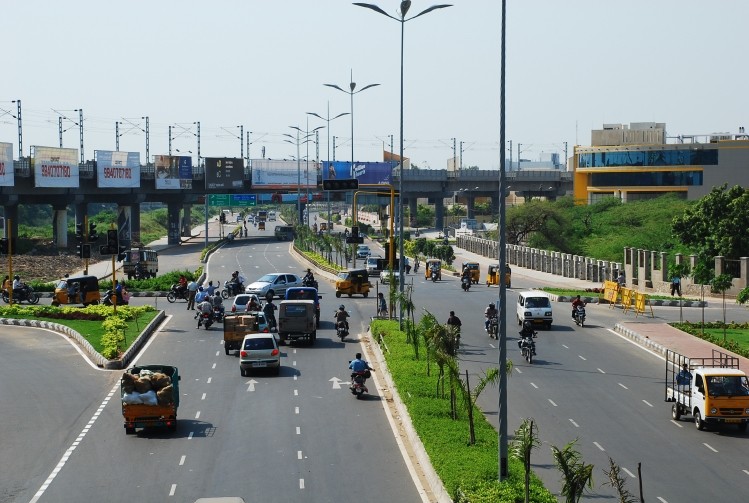Stora Enso speaks out about Chennai Mill failings

The investigation found several deficiencies in the mill’s working conditions and safety practices and criticises living conditions of low-paid employees and a lack of positive discrimination practices.
The renewable packaging firm co-operated with the NGO bodies on the report regarding the mill, which produces microflute, cartonboard and master cartons.
Inpac International
The company was established in 2005 and became a Stora Enso subsidiary in 2011 as part of the acquisition of a 51% majority shareholding in Inpac International.
Mats Nordlander, executive VP, Stora Enso Renewable Packaging, said he welcomed the report, and thanked Finnwatch and Swedwatch for the co-operation and constructive dialogue during the process.
“We agree with many findings of the report, and some of the findings we are investigating further,” he said.
Not in total agreement
“There are also findings we do not agree with, based on evidence, such as the company not reporting all accidents.”
Finnwatch investigated Chennai Mill in spring 2013.
It said since Chennai Mill became a Stora Enso subsidiary in 2011, a number of improvements have been made.
The number of accidents has decreased, the wages have been raised and collective agreements with the unions have been established. Stora Enso has implemented a Code of Conduct and the global HR policies of Stora Enso now apply to all employees at the mill.
On the right path
“Our staff in Chennai has made good progress on sustainability and the mill is now on the right path,” added Nordlander.
“However, we are never fully satisfied with our performance. We are now focusing on several occupational health and safety issues at the mill, some of which were noted in the report.”
Chennai Mill currently holds ISO 14001 and ISO 9001 certificates, and has committed to achieving OHSAS 18001 occupational health and safety certification by the end of 2013.
It has been audited several times, including one recently according to SA8000 standards plus two global brand customers who gave the mill a green light as a sustainable supplier.
The company also had an external legal review of its compliance with labour laws this year.







